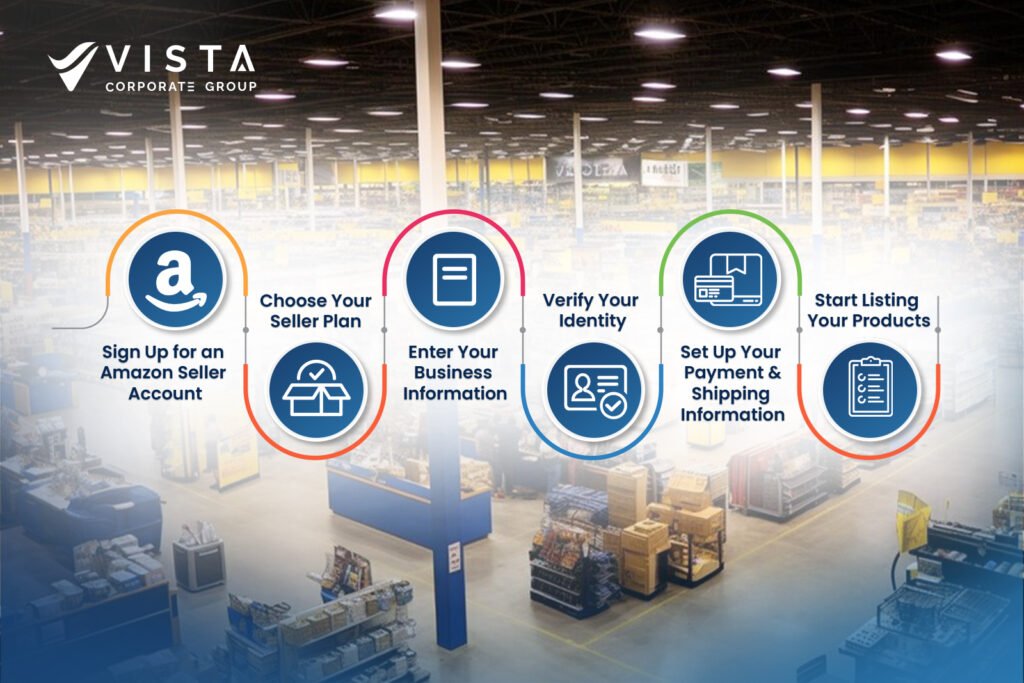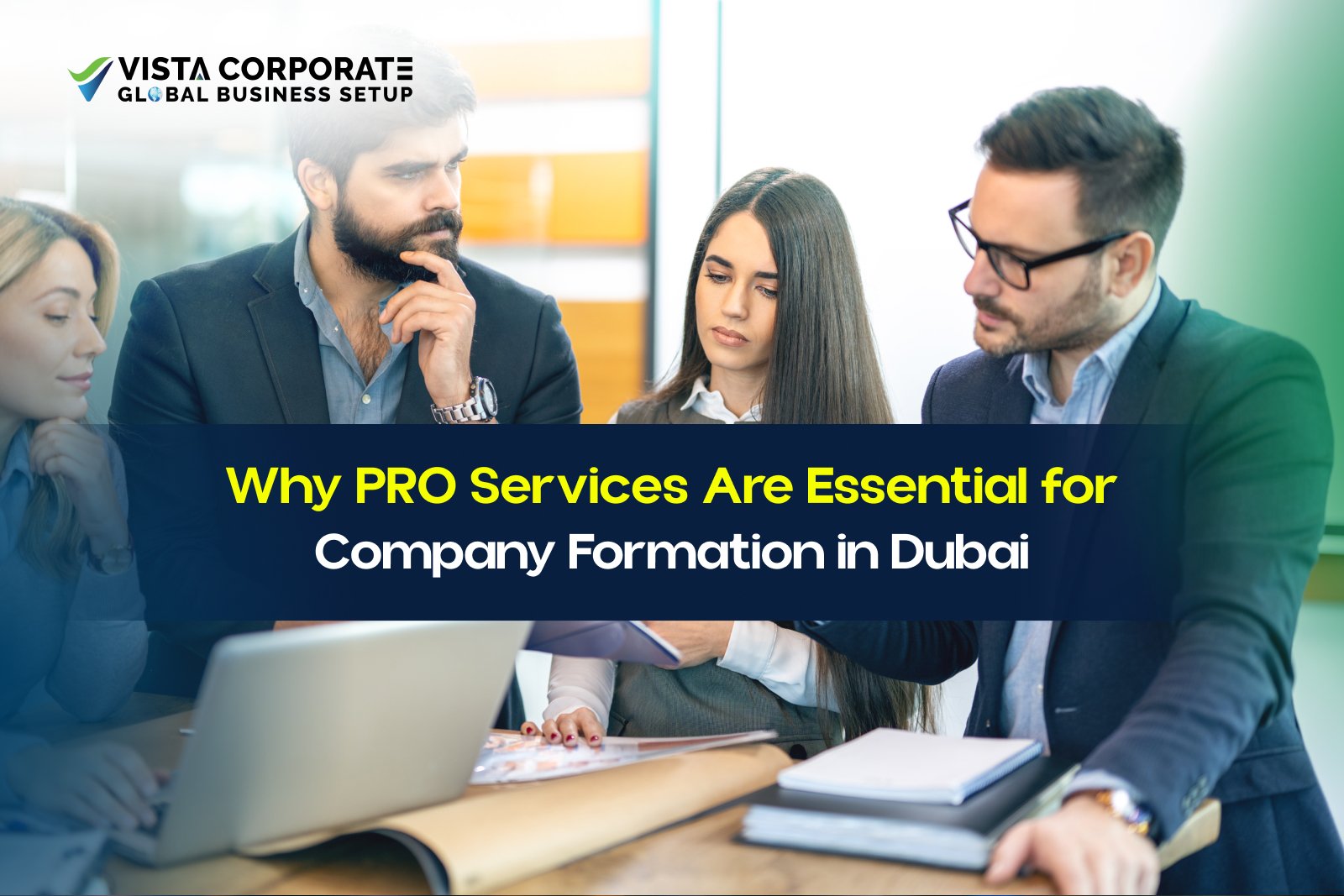
Thinking about turning your free time into extra income? You’re not alone. The UAE’s thriving e-commerce industry is giving side hustlers a golden opportunity, and selling on Amazon is leading the charge. Whether you’re looking to pad your savings, fund a passion project, or test the waters of entrepreneurship, Amazon.ae is the perfect starting point.
In this guide, we’ll show you exactly how to get started, step by step, with practical tips to make your Amazon side hustle not just a gig but a reliable source of income.
Why Choose Amazon for Your Side Hustle?
If you’re looking for a platform that practically guarantees visibility and growth, Amazon.ae is hard to beat.
Here’s why it stands out:
1. A Customer Base Like No Other
Amazon.ae offers access to millions of shoppers in the UAE and across the Middle East. According to the E-commerce in the Middle East and North Africa 2023 report, the UAE’s e-commerce market reached AED 27.5 billion in 2023 and is projected to exceed AED 48.8 billion by 2028. This growth means a constantly expanding market with high purchasing power, making it the perfect time to tap into this thriving digital marketplace.
2. Built for Sellers, Big and Small
Thanks to Amazon’s user-friendly platform, getting started is easy. From listing your products to tracking sales, everything is streamlined to save you time and effort. Plus, tools like Fulfillment by Amazon (FBA) take the logistics off your plate. With FBA, Amazon handles storage, packaging, shipping, and even returns—so you can focus on growing your business.
3. Opportunities for Everyone
Whether you’re a stay-at-home parent, a full-time professional, or a small business owner, Amazon.ae offers flexible selling options. For instance, individuals can sell products without committing to a subscription fee, paying only for items sold. On the other hand, businesses can take advantage of advanced features like bulk listing tools and advertising options designed to scale operations effectively.
Amazon.ae isn’t just a marketplace; it’s a launchpad to turn your side hustle into a profitable endeavour. With its vast customer base, seller-friendly tools, and flexible opportunities, the platform equips you with everything you need to succeed.
How to Sell on Amazon UAE – Understanding the Legal Requirements
Before you start selling on Amazon, there’s one critical step you can’t skip—getting a trade license. Signing up on Amazon’s seller portal is simple, but you need the proper legal foundation first. In the UAE, an e-commerce license is a must for selling online. The good news? It’s not complicated to get, and depending on where you set up your business—whether in a free zone or on the mainland—you could have your license within just a few days.
What is a Trade License?
A trade license is essentially permission from the UAE government to operate your business legally. If you want to sell products online, whether through Amazon or other platforms, you need to obtain this license. The license ensures that your business is registered and compliant with local laws. It’s an essential step before you can start making sales.
Free Zone vs. Mainland: Which One Works for You?
In the UAE, you have two options when it comes to getting your trade license: Free Zone or Mainland. Here’s what you need to know about both:
Free Zone License
Free zones are popular with e-commerce sellers because they offer tax benefits, such as exemptions from corporate tax and the ability to repatriate 100% of your profits. Plus, setting up a business in a free zone is often faster, and you can even operate with a virtual office if needed.
Mainland License
If you plan to sell directly to UAE customers or want the flexibility to set up a physical store, a mainland license might be a better fit. While the setup process is a bit more involved, a mainland license gives you the freedom to operate anywhere in the UAE.
How Long Does it Take to Get a License?
The licensing process in the UAE is faster than you might think. Whether you choose a free zone or mainland setup, it typically takes only a few days to get your e-commerce license. Once that’s in place, you’ll be ready to start selling online.
At Vista Business Setup, we simplify the process. Our consultants will help you choose the right type of license, guide you through the paperwork, and ensure you have everything in place to start your Amazon business. We even offer a free business consultation to help you understand the next steps, so you’re ready to sell on Amazon as quickly as possible.
Documents You’ll Need to Sell on Amazon
Before you can start listing your products on Amazon, you’ll need to provide a few important documents. These are required during the registration process to set up your seller account and ensure you’re legally compliant:
- Phone Number: Amazon needs a valid phone number to verify your account and for any communication related to your business.
- Email Address: A valid email address is essential for receiving important notifications about your seller account, product listings, and any issues that may arise during your selling process.
- Emirates ID: As a UAE resident, you’ll need to provide your Emirates ID as part of the verification process. This ensures Amazon knows you’re a legitimate seller based in the UAE and complies with local regulations.
- Billing Address: You’ll be asked to provide a billing address for your seller account. This is where any invoices or billing statements from Amazon will be sent.
- E-Commerce License: Since you’re running a business, having an e-commerce license is mandatory. This will be linked to your Amazon seller account to ensure your business is operating legally in the UAE.
- Bank Account: You’ll need a UAE-based bank account to receive payments from Amazon. It’s best to ensure your bank account is active and linked to your business’s name to streamline transactions and avoid any payment delays.
Once you have these documents in place, you’ll be able to move forward with creating your seller account on Amazon. It’s a straightforward process that can be completed online, but having these documents ready will help speed things up and get you started selling faster.
Setting Up Your Amazon Seller Account
Ready to start selling on Amazon in the UAE? Setting up your Amazon seller account is a simple and straightforward process. Here’s a step-by-step guide to get you started:
- Sign Up for an Amazon Seller Account
Start by visiting Amazon’s seller portal on Amazon.ae. Click on “Start Selling” and fill out the required personal information, including your name, email, and phone number. - Choose Your Seller Plan
You’ll be asked to choose between two types of seller plans: Individual and Professional. This decision will depend on your business goals and how many products you plan to list on Amazon. - Enter Your Business Information
You’ll need to provide information about your business, including your business name, address, and tax details. If you’re registering as an individual, your personal details will be required instead. - Verify Your Identity
Amazon requires verification for every seller. You’ll need to upload copies of documents like your Emirates ID, bank account details, and business license (if applicable). Amazon will review these documents to verify your identity. - Set Up Your Payment and Shipping Information
Link your UAE-based bank account to your seller account to receive payments. You’ll also need to provide your shipping preferences and method. This will ensure smooth fulfilment and timely payments. - Start Listing Your Products
Once your account is set up and approved, you can start listing your products. Be sure to create high-quality listings to attract buyers.

How to Sell Products on Amazon: Choosing Between Individual and Professional Seller Plans
One of the first decisions you’ll make when signing up for your Amazon seller account is whether to go with the Individual Seller Plan or the Professional Seller Plan.
- Individual Seller Plan
Ideal for casual sellers or those just starting out. You don’t pay a monthly fee, but you will be charged a small fee per item sold. This plan is perfect if you’re only planning to sell a few items or test the waters. - Professional Seller Plan
This plan suits serious sellers who plan to list and sell more products. It requires a monthly fee, but in return, you get access to additional selling tools, reports, and more features to manage your business effectively. If you plan on scaling up, this is the better choice.
Verification Process and Required Documents
Amazon takes security seriously, so you’ll need to complete the verification process before you can start selling. You’ll need the following:
- Emirates ID for identity verification.
- E-Commerce License to prove you’re a registered business in the UAE.
- Bank Account Details to receive payments.
- Billing Address to confirm your location.
Once your documents are verified, you can proceed with listing your products on Amazon.
Selecting the Right Products to Sell
The first step to selling successfully on Amazon is finding the right niche. Market research is essential. You want to look for:
- High Demand, Low Competition
Focus on trending items that have consistent demand, and avoid categories where there’s overwhelming competition. Look for niches that aren’t flooded but still attract a solid customer base. - Trending Products
Look for products that are trending but still have room for growth. Watch out for seasonal trends, and check platforms like Google Trends and Amazon’s own “Best Sellers” page for insights into what’s hot. - Local Suppliers:
Choosing local suppliers has its advantages. You’ll enjoy faster delivery times and lower shipping costs. Handling returns or addressing any product issues is also much easier when you’re working with businesses nearby. Plus, buying locally helps support other businesses in your region and can build strong local connections. - International Imports:
On the other hand, importing from international suppliers can sometimes offer lower product costs. However, it’s essential to keep in mind that you’ll face higher shipping fees, potential customs duties, and longer delivery times. While platforms like Alibaba and AliExpress can connect you to a wider variety of products, you’ll need to plan for the extra logistics involved in international shipping. - Fulfillment by Amazon (FBA): Amazon handles everything for you, from storage to packing and shipping. It’s a great option if you want to focus on growing your business rather than dealing with logistics.
- Fulfilled by Merchant (FBM): If you choose FBM, you’ll be responsible for storing, packing, and shipping the products. While you save on FBA fees, you’ll need to invest more time in managing the logistics.
Understanding Amazon’s Restricted Product Categories
When selling on Amazon, it’s important to understand that while there is a wide range of products you can offer, some categories are restricted. These typically include health and beauty products, electronics, gadgets, and food and supplements. If you’re planning to sell any regulated items, make sure you fully comply with Amazon’s rules. The platform provides clear guidelines on what can and cannot be sold, so it’s essential to review these guidelines to avoid any issues. If you’re ever unsure, Amazon’s support and resources are there to help you navigate these restrictions.
When it comes to sourcing your products, you have two main choices: local suppliers or international imports.
Your choice will depend on what’s more important for your business—whether that’s lower costs, quicker deliveries, or a larger product selection.
Listing Your Products Effectively
Your product listing is your virtual storefront—make it count. A strong listing not only grabs attention but also convinces potential buyers that your product is exactly what they need.
Start with a clear, concise product title that highlights the essentials: brand name, key features, size, or colour. For example, instead of just “Water Bottle,” go for “Insulated Stainless Steel Water Bottle, 1L, BPA-Free.” It tells buyers everything they need to know at a glance.
Your product description should explain what makes your product a standout. Is it durable, eco-friendly, or backed by a warranty? Spell it out in simple, relatable language that speaks directly to your customers. Address potential questions they might have and focus on how the product solves a problem or improves their life.
High-quality images are essential for building trust. They’re the first thing shoppers notice after the title. Use high-resolution photos to showcase your product from every angle. Include close-ups of important features and, if possible, lifestyle images that show your product in action. Whether it’s a backpack on a hiking trail or a kitchen gadget in use, visuals help buyers imagine owning it.
Finally, think like your customers. What words are they typing into the search bar? Use those keywords in your title and description to ensure your product gets found. A thoughtful approach to keywords can make your listing shine amidst the competition.
Keep it simple, clear, and engaging—that’s the recipe for a winning product listing.
Managing Orders and Fulfillment
Once your products are listed, you need to manage orders effectively. This can be done through Amazon’s two fulfillment options – Fulfillment by Amazon (FBA) and Fulfilled by Merchant (FBM).
Whether you choose FBA or FBM, customer satisfaction is key. Ensure timely shipping, and have a clear returns policy in place. Make sure to respond to customer inquiries promptly to build trust and brand loyalty.
Maintaining Inventory Levels
Inventory management is essential for keeping customers happy. Running out of stock can harm your rankings on Amazon and lose your sales. Use Amazon’s inventory tools to track stock levels and make sure you reorder before running out.
Marketing Strategies to Boost Sales
With your account live and products listed, the next step is drawing customers to your storefront. A smart marketing approach can make all the difference.
Start by leveraging Amazon’s built-in advertising tools – Sponsored Products and Sponsored Brands. Sponsored Products focus on targeting shoppers actively searching for items similar to yours, while Sponsored Brands promote your store directly in search results. Monitor your campaigns regularly to optimize performance without overspending.
Social media is another powerful ally. Platforms like Instagram, Facebook, and TikTok let you showcase your products creatively. Post engaging content, like customer testimonials or behind-the-scenes glimpses of your process, to build trust and spark interest.
Finally, don’t underestimate the impact of reviews. A happy customer is your best advertisement. Provide excellent service, ensure timely deliveries and maintain product quality to encourage positive feedback. Positive reviews not only boost credibility but also increase your chances of converting new visitors into loyal buyers.
Understanding Fees and Pricing
A clear grasp of Amazon’s fee structure and careful pricing strategies are essential for long-term success. Amazon charges a referral fee for every sale, which varies depending on the product category. If you opt for Fulfillment by Amazon (FBA), you’ll also need to account for storage and shipping costs. These fees can quickly add up, so it’s crucial to calculate them into your pricing strategy.
When setting your prices, research what your competitors are charging. Aim for a balance—competitive enough to attract buyers but profitable enough to cover all costs, including shipping and taxes. Whether you’re handling fulfillment yourself or using FBA, ensuring every expense is accounted for helps maintain your margins and avoid financial surprises.
Lastly, Amazon frequently updates its policies, and staying informed about these changes is vital. Regularly reviewing their guidelines ensures compliance, helping you avoid unnecessary penalties and keeping your business running smoothly.
Conclusion
Starting an Amazon side hustle in the UAE is more than just a way to earn extra income—it’s an opportunity to tap into one of the world’s fastest-growing e-commerce markets. But success doesn’t happen by chance. One of the most critical steps to selling on Amazon is ensuring your business is legally compliant with the right e-commerce license. This license not only fulfills Amazon’s requirements but also protects your business and opens doors to numerous opportunities in the region.
We understand that navigating licenses and registrations can be a bit confusing. That’s where Vista steps in. With our expertise in business setup and licensing, we simplify the process, guiding you every step of the way—from choosing between a free zone or mainland license to getting your Amazon store ready to launch.
Your journey as an Amazon seller starts with the first step. Take that step confidently, and let us handle the complexities while you focus on building your brand and making your mark in the e-commerce world.




